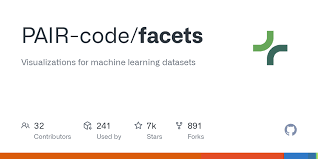MLflow Key Features
- Experiment Tracking: MLflow keeps track of machine learning experiments, including hyperparameters, metrics, models, and artifacts, ensuring that every step of the research process is logged and easily retrievable.
- Model Packaging: It offers tools for packaging machine learning models as reusable components that can be deployed across different platforms and environments, ensuring flexibility.
- Model Registry: MLflow’s model registry allows researchers to store, annotate, and manage machine learning models, making it easier to transition from research to deployment.
- Multi-Library and Multi-Cloud Support: MLflow is agnostic to machine learning libraries and can integrate with various cloud platforms, offering flexibility for researchers working across different infrastructures.
- Scalability and Integration: It integrates well with tools like TensorFlow, Keras, PyTorch, and other ML libraries, while also offering scalable deployment options on AWS, Azure, and GCP.
Our Opinion On MLflow
MLflow is a robust platform for managing the entire machine learning lifecycle, making it an excellent choice for research teams aiming to streamline their operations and ensure reproducibility. Its flexibility in supporting multiple libraries, languages, and cloud environments makes it particularly attractive for diverse teams working on different machine learning problems. While it may take some time to set up and customize, MLflow’s comprehensive feature set provides immense value for teams needing to manage experiments, model deployment, and versioning in a single platform. For researchers focused on scaling their machine learning operations and improving collaboration, MLflow is an ideal solution.













